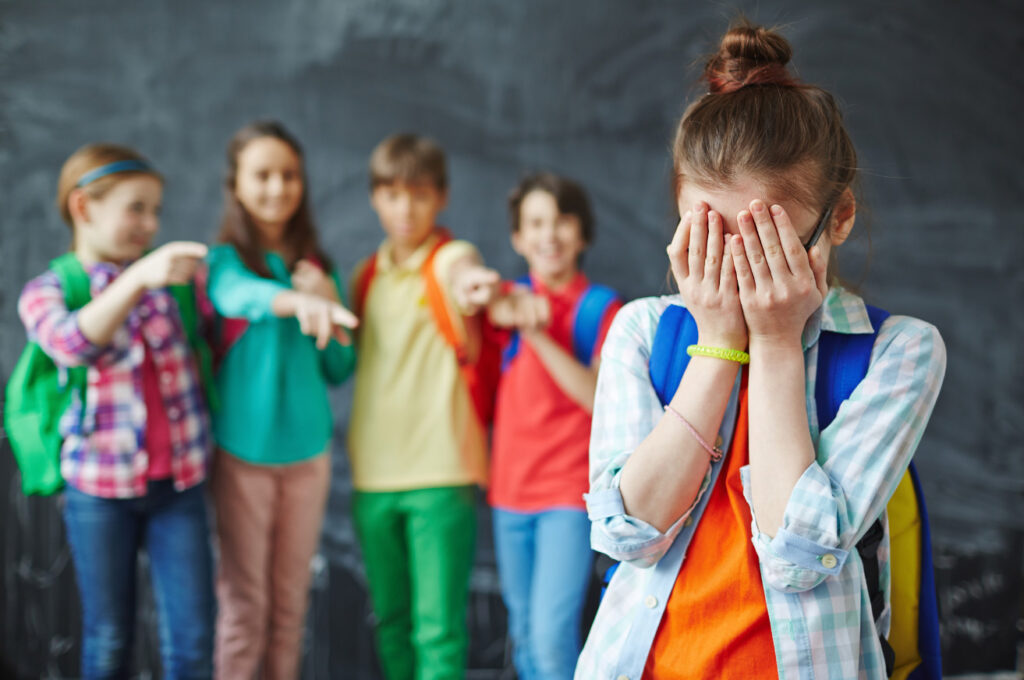They say that the school is a child’s second home. But if a child is getting bullied is it really a place to call home if it makes a child feel unsafe? How can they call a place as a home if they feel neglected?
Bullying in schools is still present in modern society. Sadly, it has affected a lot of children and the outcome is quite alarming. According to a National Australian study in 2009 one in four Year 4 to Year 9 students were reported being bullied every few weeks. Bullying affects the emotional and academic journey of a child. There is hope and there is still a lot of strategies we can put in place before it things reach that point.
Effects of Bullying on Children
There are a lot of effects bullying can impose onto young children today. Bullying affects can be excruciating hurtful and it can be frustrating to support a young in need. Here are some common signs that your child may need help:
– Most children have trouble sleeping when they get bullied.
– They may find it hard to cope up with former day to day routines.
– They may feel suicidal.
– They may show signs of self-harm.
– They may experience a loss of appetite.
– They could struggle with the feeling of being worried or afraid.
– A child who is experiencing being bullied could feel powerless or hopeless.
Feedback from the school yard indicates that hurtful teasing is a common experience every day at school. Bullying can become one of the reasons why some young people have commit suicide. Australian Bureau of Statistics (2017) data released information indicating that a total of 24 children under 14 died by suicide in 2017.
Bullying in Australia can be defined as an ongoing misuse of power in relationships. This is done through repeated verbal, physical and/or social behavior. It usually causes physical and/or psychological harm. The first to help control bullying is identifying its different types. There are many ways that bullying may occur. Some of the most common are the following:
– Cyberbullying- One of the most popular is cyberbullying. Cyberbullying might occur over the internet, in instant messaging (IM), social networking sites, and blogs or through online gaming. It can also occur over the phone, by SMS or MMS, or voice and video calls. With just one click and one tap, a message could spread everywhere. Even though social media has provided a lot of benefits in terms of communication. It has also bought negativity in the form of cyberbullying.
– Verbal – The most common type of bullying is verbal. This type of bullying is done by name calling, teasing, putting someone down, and/or threatening to cause someone harm.
– Physical – Poking, hitting, punching, kicking, spitting, tripping or pushing someone, breaking someone’s things, pulling faces or making rude hand signals.
How to Prevent Cyberbullying
Since technology has taken over the modern world, it is actually hard to prevent cyberbullying. It may be prevented, however prevention tactics may require more attention. As a community we must make sure that children are safe from anything or anyone that may hurt them emotionally and physically. Children need to be protected from any types of bullying!
Parents, teachers, and older guardians are often not aware of the digital media and applications that a child may use. If you are a carer to a child we recommend that you take note of the applications your child uses. This is a vital step towards prevention. Here is a link some helpful safety guidance website click here. The esaftey commission website is also full of helpful information and great tips.
There are different strategies to follow in order to prevent bullying in schools. Some include:
- Supporting programs to develop student’s communication, social, assertiveness, and coping skills.
- It is also important for schools to work on removing the barriers between a teacher and the student.
- Increase support from a guidance officer or school counselor.
- Limiting unsupervised access to technology.
- Promoting positive bystander behavior as an effective strategy to handle bullying cases.
- Promoting knowledge of the actions and consequence that will occur if a student is caught bullying.
What to do if your son or daughter is getting bullied?
– We recommend that you keep your distance from people who are bullying them.
– Encourage them to not bully them back. No matter how bad the bully reacts.
– Support your son or daughter to speak up and tell them that what they are doing is not okay.
– Talk to teacher that the student trusts.
– Encourage them to make time to do something good for themselves.
– Reach out to someone who can help you report the bullying. E.g. school teacher or Police officer.
It is okay for a student to be afraid. Teacher your kids that no matter what they still have the courage to speak up for themselves. They need to know that bullying should be stopped, and if you keep your silence it will not help anyone!
If you want to learn more about how to prevent bullying in your school, Mind Blank programs address the issue first hand. Do not hesitate to reach out and chat to our team about what you can do to help so no to bullying!.


